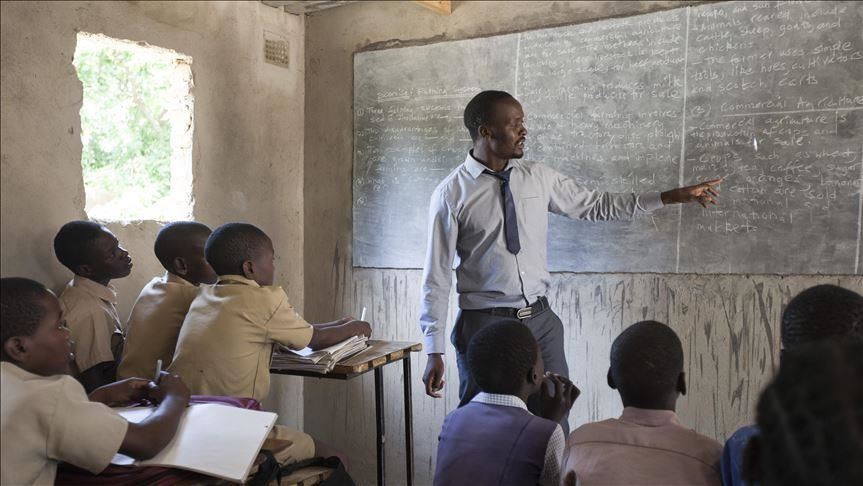Qualified but unemployed teachers have criticised the online teacher recruitment system saying it overlooked those who completed their studies a few years ago in favour of recent graduates.
This concern comes after the government released a list of 3 816 educators recruited by the Public Service Commission (PSC) to serve in the Ministry of Primary and Secondary Education.
But some unemployed teachers said the online system disadvantaged those who had graduated earlier, as their details were not captured.
“I graduated from the United College of Education in 2019 with a Diploma in Education specialising in Early Child Development. I registered in December when registration opened and all those who I registered with have been employed including applicants who graduated later than me yet my name should be on the system,” said one of the aggrieved unemployed teachers.
“I have been to the education office in Bulawayo, travelled all the way to Maphisa in Matobo and Plumtree to register but we are always told to come register and update our details.”
Before the online system was introduced, unemployed teachers would submit their certification documents at their respective district or provincial education offices.
“The employment was between you and the officer and it ran smoothly. Now, although we register all the time our names are not on the database. Then you are advised to register again yet resources don’t always permit,” said an unemployed teacher who queried why the computerised recruitment system had gaps.
“The system should be set in a manner that advantages the one whose details are already captured and also look at when one completed their training. Sometimes the system even lists applicants’ names twice or thrice or in separate listings.”
The unemployed teachers lamented that due to lack of teaching jobs, some had left for South Africa while others ventured into small-scale mining or became ZUPCO bus conductors.
“My young brother is also a qualified teacher but is now into gold mining in Esigodini. Some teachers have joined ZUPCO as conductors. There are no jobs and we are suffering yet we are trained,” said another affected teacher.
“Before, the government used to employ untrained teachers and those with no mathematics then there was a requirement that every teacher must have maths. Teachers complied and are now qualified but still have no jobs.”
In an interview with CITE, Director of Communications and Advocacy in the Ministry of Primary and Secondary Education, Taungana Ndoro, said there were a number of fundamentals that were factored so it was unfair to criticise the recruitment system.
“Did these teachers do the same subjects, did they ask to be deployed in the same area, which districts or provinces did they sign for. All these are factors that come into play,” he noted.
Ndoro underpinned that the government could not hire all the unemployed teachers as there were few vacancies.
“You must investigate how many vacancies we have and the number of unemployed teachers. There are about 20 000 to 30 000 unemployed teachers out there yet the ministry only has 3 000 vacancies, how do you expect us to take them all?” he asked.
“What if the ‘lucky ones’ also applied several times before. As I said there are fundamentals that are considered when applicants apply. Those who apply should not despair; their turn will come and will be taken if they are still interested. ”
Ndoro added unemployed teachers should not feel entitled because they had registered earlier.
“This time we only took about 4 000 teachers and we will try to please all the unemployed teachers but subject to funds from the Treasury and teaching vacancies available,” he said.
Ndoro noted the online system was centralised at the head office and managed jointly by the PSC.
“We have a committee that sits with officials from the Ministry of Public Service, Labour and Social Welfare,” Ndoro said, adding it was “very unlikely” that it could be manipulated.
He, however, noted machines were run by humans and sometimes they were fallible.
“We put in systems to regularise processes but the opposite happens, for example, look at those who smuggle, they go through borders where systems are in place to prevent smuggling but omalayitsha (cross border traders) manage to smuggle foods. Although our teacher recruitment system is computerised, we can’t say it is foolproof but there are measures put in place to make it run well.”
This is not the first time the government’s centralised e-application system has been criticised.
In 2020, ZAPU and other local activists voiced their displeasure after it emerged that the bulk of trainee nurses recruited at training institutions in Matabeleland were dominated by non-locals.
The government said trainee nurses were selected via the online system but activists said there was evidence of discrimination against locals.

